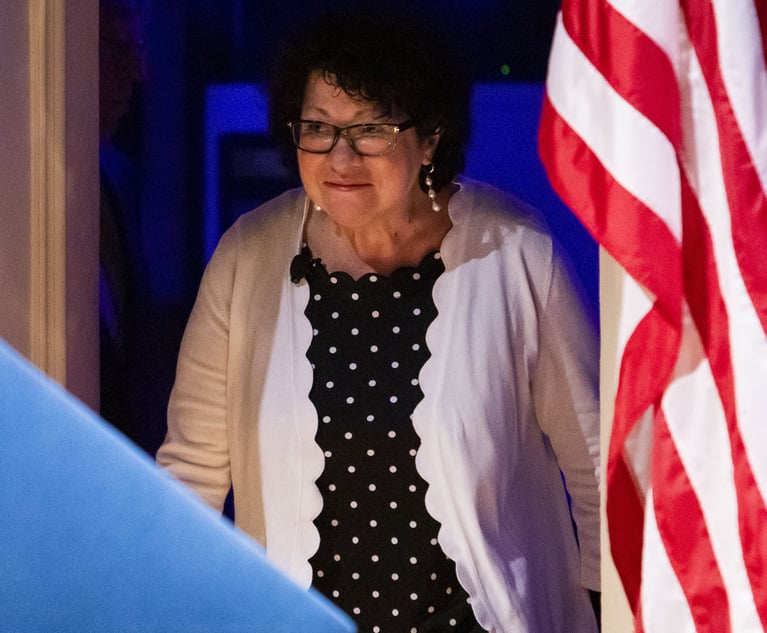On May 21, the Supreme Court handed down its highly anticipated decision in Epic Systems v. Lewis, 584 U.S. ___ (2018). The court, in a 5-4 decision, upheld arbitration agreements that waive employees’ rights to bring class arbitration against their employers. On April 30, the Supreme Court granted certiorari in Lamps Plus v. Varela, taking up for review the question of “whether the Federal Arbitration Act forecloses a state-law interpretation of an arbitration agreement that would authorize class arbitration based solely on general language commonly used in arbitration agreements.”
After his employer, Lamps Plus, Inc. (Lamps Plus) disclosed his personal information in a data breach, Frank Varela filed a class action lawsuit against it alleging negligence, breach of contract, invasion of privacy and other claims. Lamps Plus moved to compel arbitration because Varela had signed an arbitration agreement which was required as a condition of employment. In that agreement, Varela agreed that “all claims or controversies (‘claims’), past, present or future that I may have against the company or against its offers, directors, employees or agents or that the company may have against me” would be resolved by arbitration. The district court ordered that the case be arbitrated, but that it be arbitrated on a classwide basis. The district court reasoned that the agreement was an adhesion contract, was ambiguous on the question of class arbitration, and that the ambiguity would be construed against the drafter, Lamps Plus.


 Samuel Estreicher and Holly H. Weiss
Samuel Estreicher and Holly H. Weiss




